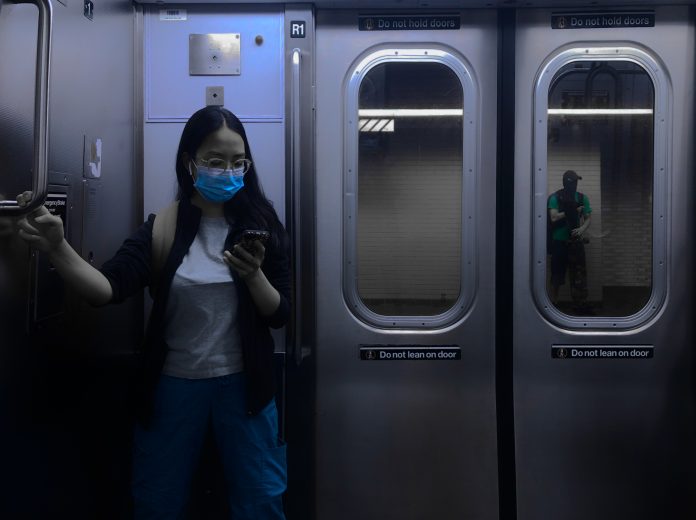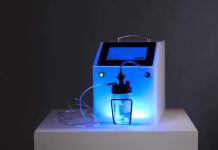Uninfected people lived with one infected individual as part of the study – the COVID antibody drug gave them 72% protection against catching the virus themselves
COVID vaccination remains the most popular and cohesive way to stop the virus from hospitalising and killing populations. However, for some individuals who are not able to take the vaccine, alternate drugs could offer protection.
This clinical trial looked at how the virus can be handled by just COVID antibodies – specifically, at a cocktail of these antibodies in a drug form.
The trial was run with the National Institute of Allergy and Infectious Diseases (NIAID), part of the National Institutes of Health (NIH).
Are natural antibodies enough?
Natural antibodies from contracting COVID do not last. Studies describe a spectrum of time frames in which antibodies remain in the bloodstream, but all suggest that their power fades over time. Scientists decided to engineer a more powerful, permanent form of antibody.
To be clear, vaccines are the most definite way to protect the human body from infection and the various, cruel side effects of COVID-19. From organ failure to semi-permanent loss of taste to respiratory failure, the virus can inflict a variety of long-term health conditions.
Why would this new drug be useful if we have vaccines?
When it comes to vaccines, there are some people who either haven’t been vaccinated or are immunocompromised without access to the right kind of vaccine. The new data from Phase Three of Regenerons’ clinical trial suggests that a 1,200mg dose can protect unvaccinated individuals from catching COVID-19.
The drug can be particularly useful in households or close-living situations, such as prisons or immigration detention centres. The clinical trial found that a shot of the antibody cocktail gave an individual 72% protection against symptomatic infections within one week, with that number going up to 93% in the weeks following the first.
Regeneron are going to apply for Emergency Use Approval for “appropriate populations”.
Myron Cohen, Director of the Institute for Global Health & Infectious Diseases at the University of North Carolina at Chapel Hill, said: “If authorized, convenient subcutaneous administration of REGEN-COV could help control outbreaks in high-risk settings where individuals have not yet been vaccinated, including individual households and group living settings.”











